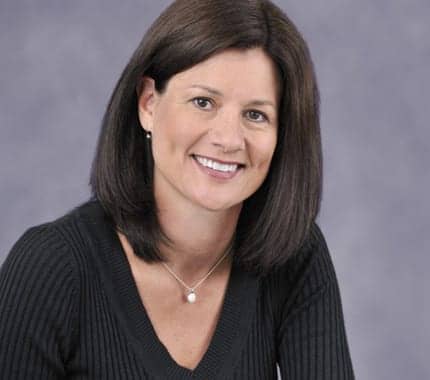
Our health care system does not necessarily embrace truly innovative thinking; innovation may be the antithesis of the status quo and the health care system depends on the status quo. Arguably, the US healthcare system — insurance guidelines, diminishing reimbursement for almost every aspect of our practices — does not meet the functional needs of the clients we serve. Although evidence suggests the aspects of freedom of movement and autonomy affect positive functional outcomes more than diagnosis, the U.S. medical model continues to deny treatments and products, prescribed by licensed clinicians, that would increase independence and enhance quality of life. It makes sense the average clinician, working under these typical conditions, would eventually acquiesce to the system; at the end of the day we have bills to pay and children to nurture.
I have been very fortunate to meet and work with everyday, exceptional clinicians. A few weeks ago I traveled to North Carolina and spent some time with Laura Juel, MS, OTR/L, CDRS. Juel started and now oversees the Duke Medical Center’s Wheelchair and Seating Clinic. She was kind enough to share some of her experiences including her motivation to create the clinic, challenges and successes.
Juel decided, after 19 years of practice in neurological rehabilitation, working with many clients who use wheelchairs that she could create a program within Duke Medical Center that specialized in seating and wheeled mobility. Several years ago she returned from a seating seminar inspired enough to give her idea an honest effort. She developed a template to work within her current employer’s model to evaluate and deliver mobility equipment, tapped into her network of supportive durable medical equipment suppliers and manufacturers, gathered demo equipment, gained approval for space and time from her employer and the clinic began. The clinic runs every Wednesday with a caseload of 24 clients per month.
Juel exemplifies characteristics that successful and innovative people may share: clarity, courage, curiosity and grace. She was able to clearly explain her plan to all stakeholders involved including her employer, colleagues, vendors and manufacturer representatives. Adherence to the status quo is a sure way of remaining safe and invisible, yet Juel decided otherwise. She courageously risked sharing her idea. It is always a risk to present a new way of providing service, as one will always encounter some resistance. Laura exhibits a liveliness and curiosity, which allows her to be open to new ideas, products, people and experiences. She described how supportive wheelchair suppliers and manufactures have been offering education and demo equipment. She went on to say, “The more I know about what is available on the market, the better I can educate consumers about product choice matching their functional needs.”
When asked about challenges she faces in the seating clinic and other areas of her practice Juel mentioned the time needed for paperwork, scheduling, and productivity requirements. She added that it is frustrating to worry about profit when clinicians are taught in school to focus on the consumer’s needs first, not what the insurance company will or will not cover. Juel stated, “Our hands are often tied by the system.”
Juel presents classes on subjects related neurology and seating and wheeled mobility where she offers advice to other clinicians. She emphasizes the therapist should partner with the equipment supplier, but not defer to the supplier considering the therapist is the licensed professional and ultimately accountable. Another valuable point she states is the importance of consumer education and consumer empowerment. The Duke seating clinic connects consumers to nonprofit, consumer organizations for support and advocacy efforts. Juel acknowledges, due to decreased reimbursement, product choices have become limited resulting in decreased opportunities for independent mobility for many consumers. It is important to inform consumers of the choices available regardless of their insurance coverage. Until consumers are fully informed they will be unable to advocate on their own behalf. Juel stated she refers consumers to the UsersFirst Mobility Map at www.usersfirst.org for, 1. Education on the wheelchair process, 2. Wheelchair checklist, 3. To be included in advocacy efforts, and 4. Personal support through the wheelchair process.
These days you’ll find Juel practicing as a certified driving rehabilitation specialist, providing treatment in the MD clinic and runs the Duke Medical Center’s Wheelchair and Seating Clinic. In practice for 22 years with a focus on neurological conditions, Juel also actively presents seminars focusing on seating and wheeled mobility. She’s busy, yes, but a sure way to beat burnout is to constantly feel the exhilaration left by the pursuit of excellence. In your thoughts and in your deeds stay at least one step ahead of the status quo, and you’ll find the best you have to give.





